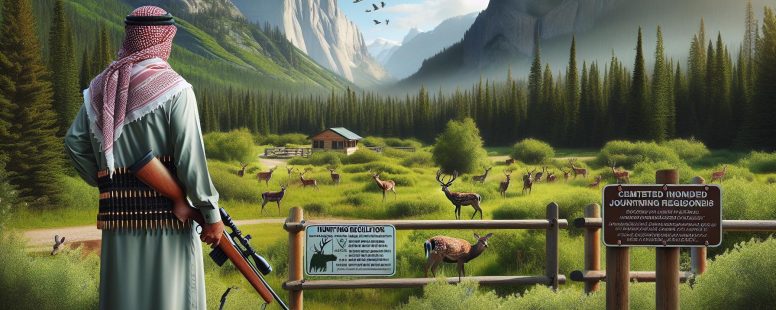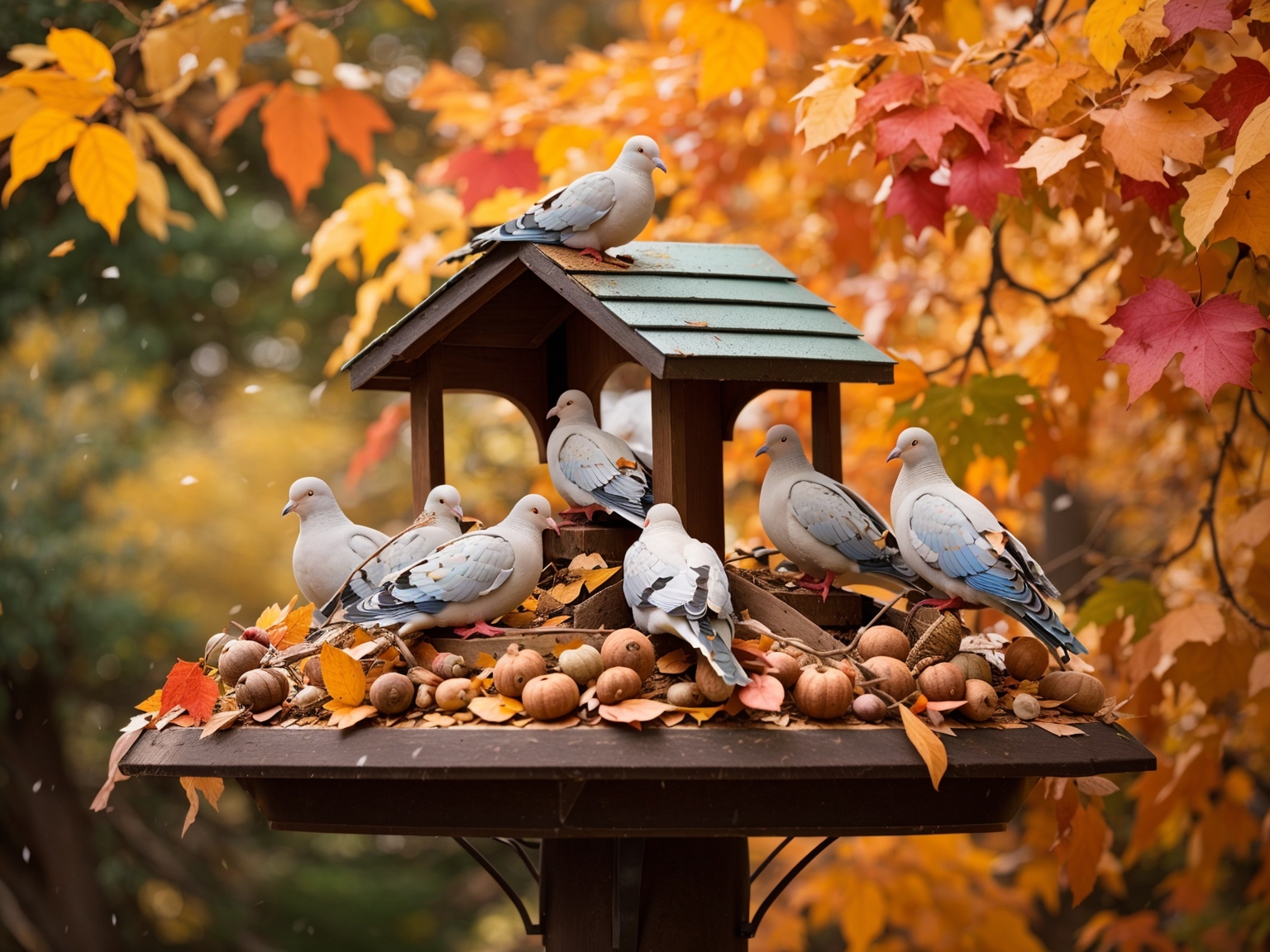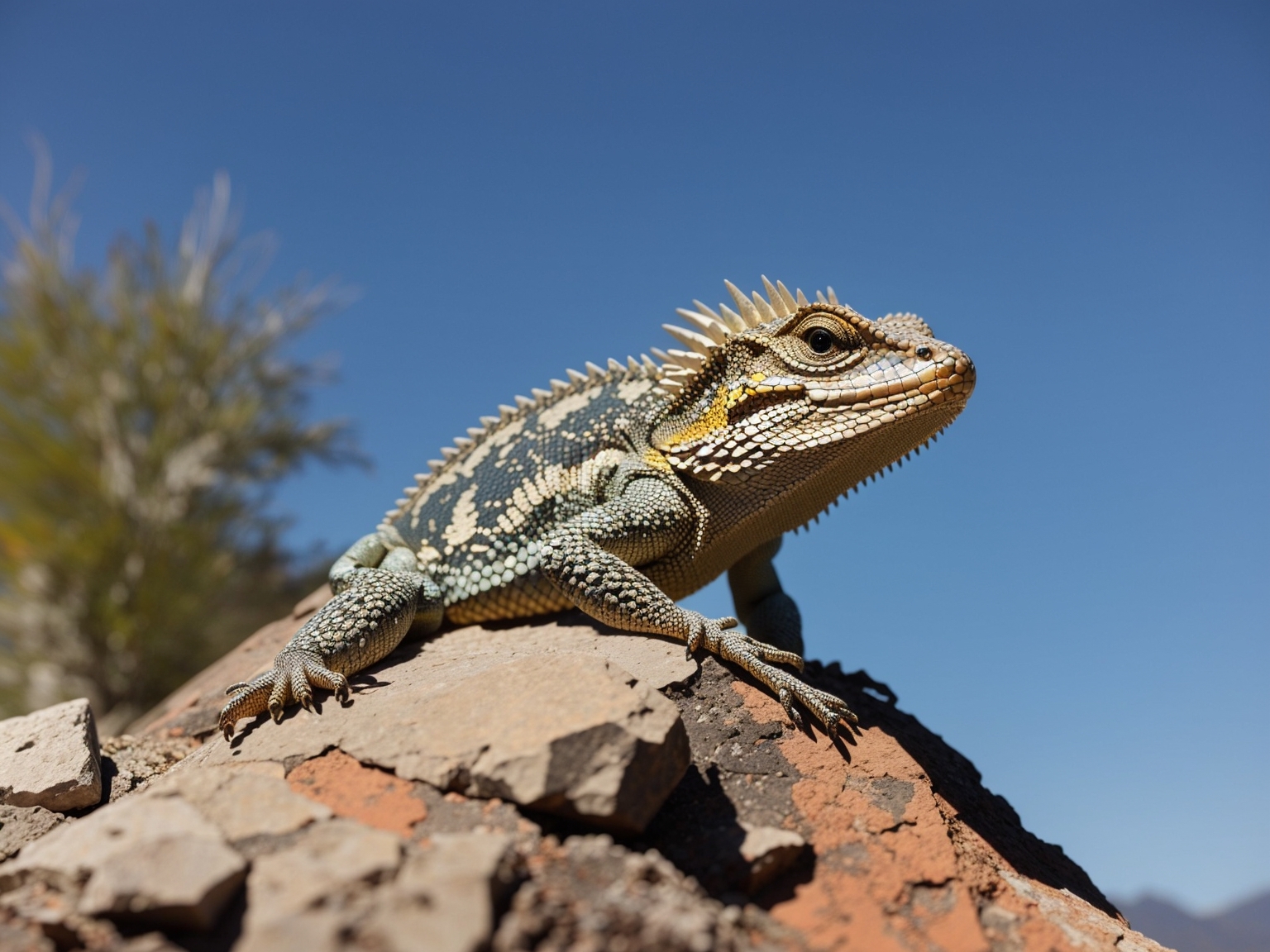Understanding the Legality and Ethics of Hunting Deer on Your Property: A Comprehensive Guide
Understanding the Legal Framework
Diving into the legal framework offers insight and clarity. Unraveling this complex world involves two primary factors: state wildlife regulations and private property rights.
State Wildlife Regulations
State wildlife regulations play a significant role in hunting deer on your property. Each U.S. state has its own set of rules, governed by respective Department of Natural Resources (DNR) or Fish & Game authorities. These bodies establish seasons for various types of game, issue licenses to hunters, regulate methods used for hunting and ensure protection for certain species from overhunting.
For instance, Maryland’s DNR stipulates that only bow-hunting is permitted during specific periods while firearm use becomes permissible later in the season. To add complexity, each county within states may have further restrictions; Montgomery County imposes stricter limits compared with Allegany County.
Henceforth understanding these guidelines proves essential before you consider taking aim at a passing buck from your porch swing!
Private Property Rights
Parallelly exist another vital aspect – private property rights – which can potentially allow shooting deer on one’s land under certain conditions such as pest control or crop damage prevention depending upon local laws.
Landowners often possess more leeway than public-land hunters but even then it doesn’t translate into unlimited freedom to hunt! For example Texas law allows “depredation permits” enabling landowners experiencing agricultural losses due to deer herds free rein to kill offending animals outside normal hunting seasons without needing any regular license though some reporting might be necessary post-hunt.
But remember merely owning large tracts isn’t an automatic gateway granting unrestricted access to year-round venison dinners! There still remain specifics about when how many what kind etc., hence always better do assignments first ensuring compliance not just legality also ethical responsibility towards preserving balance nature ecosystems around us.
The Role of Hunting Licenses
Hunting licenses serve as key components in the regulation and management of wildlife populations. These permits allow you to legally hunt deer, providing a balance between maintaining animal numbers and satisfying hunting enthusiasts.
Obtaining a Hunting License
To acquire your license, start by identifying the governing body responsible for issuing them in your state – often it’s the Department of Natural Resources or Fish & Wildlife Service. Ensure you fulfill all necessary prerequisites before applying: age restrictions vary among states but generally require hunters to be at least 12 years old; hunter education courses are commonly required too.
For example, Wisconsin mandates completion of an approved course if born after January 1st, 1973.
Once these conditions have been met, apply online through your state’s official website or purchase one from authorized vendors such as sporting goods stores. Prices range widely based on factors like residency status (residents typically pay less), length validity period (seasonal versus yearly) and species hunted – with deer tags usually being more expensive due their popularity amongst hunters.
License Exemptions and Requirements
While obtaining a hunting license is standard procedure across most U.S., some exceptions exist depending upon local regulations about private landowners shooting nuisance animals causing property damage — including whitetail deer damaging crops.
In Texas for instance landowners may kill depredating game without permit if they can prove immediate threat to new crops growing within fenced enclosures around cultivated fields during non-hunting seasons.
But don’t mistake this leniency towards pest control activities for unrestricted hunting rights! Landowner exemptions strictly limit methods used (for example no poison allowed), number taken each year plus impose reporting duties post-kill which ensures monitoring over potential abuses via unregulated harvests happening outside normal season dates under guise ‘damage prevention’.
Remember, compliance with both federal/state laws alongside respecting ethical considerations forms integral part successful sustainable hunting practice so always research thoroughly prior taking action.
Responsibly Managing Deer Populations
Taking control of deer populations on your property isn’t just about shooting a nuisance animal; it’s also about implementing responsible and ethical practices. These actions help maintain local wildlife balance while ensuring sustainable hunting.
Ethical Hunting Practices
Engaging in ethical hunting practices involves more than following the rules set by state wildlife regulations. Respect for life, understanding the species you’re dealing with, and employing fair chase principles are integral to these ethics.
For instance, selective harvesting plays an essential role here: targeting older bucks instead of young ones or does allows herds to grow properly without unnatural disruptions. Also, practicing clean kills minimizes suffering—aiming for heart-lung shots provides quicker ends compared to wounding that could lead to slow deaths.
Besides, maintaining respect towards other hunters’ rights is part of this code as well – trespassing onto neighboring properties can infringe upon their own management efforts.
Impact on Local Wildlife
Managing deer populations responsibly has significant effects on local ecosystems—it goes beyond simply reducing numbers due to overpopulation or damage prevention purposes.
By controlling herd sizes through regulated hunts like culling mature males only during specific seasons—you help ensure a balanced age structure within groups which contributes positively towards genetic diversity among offspring produced each year.
Also, keeping check keeps vegetation healthy too: when there are fewer deers around they don’t eat up all available food sources leaving nothing left for smaller animals such birds squirrels etc., thereby encouraging biodiversity overall ecosystem health together!
Safety Considerations and Neighbor Relations
Venturing into the area of deer hunting on your property, it’s crucial to bear in mind safety considerations and fostering good neighbor relations. This section illuminates these aspects further.
Ensuring Safe Hunting Practices
First off, let’s talk about safe hunting practices. Use firearms responsibly by adhering strictly to firearm safety rules such as treating every gun as if it’s loaded or not pointing a gun at anything you don’t intend to shoot. Familiarize yourself with how guns work for safer handling—know where the muzzle points all times when carrying a weapon.
Optimal tree stand placement counts too – make sure they’re secured firmly onto trees so that there are no risks of falling while aiming from an elevated position. On encountering injured deer (they may act unpredictably), maintain distance until professional help arrives instead risking potential harm trying deal situation alone.
Finally, always wear bright orange clothing during hunt—it makes visible other hunters decreases chances accidental shootings occur vicinity.
Communicating With Neighbors
Communication is key when dealing with neighbors about shooting deer on your property; remember respect their space rights well yours being infringed upon —no one appreciates bullet whizzing past window after all!
Conclusion
You’ve learned that it’s not as simple as just deciding to hunt a deer on your property. It requires careful consideration of state wildlife regulations and private property rights. Remember, hunting licenses aren’t merely bureaucratic hoops but critical tools for managing wildlife populations effectively.
Ethical hunting practices such as selective harvesting and clean kills are crucial in maintaining balanced ecosystems while ensuring the respect of other hunters’ rights. Safe procedures can’t be overlooked either – firearm safety rules, tree stand placement, or cautious handling of injured animals all contribute towards a safe experience.
Finally, don’t forget about keeping good relations with neighbors through clear communication about your intentions to hunt deer on your land. This way you’re doing everything right from regulatory compliance to fostering mutual respect within the community when shooting that nuisance whitetail off your backyard!




